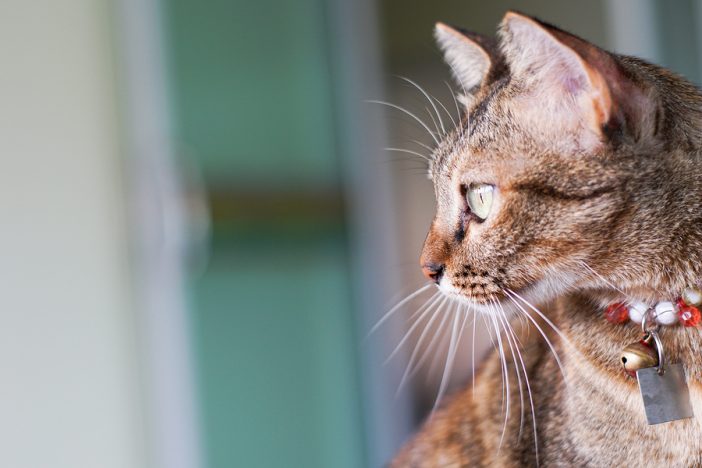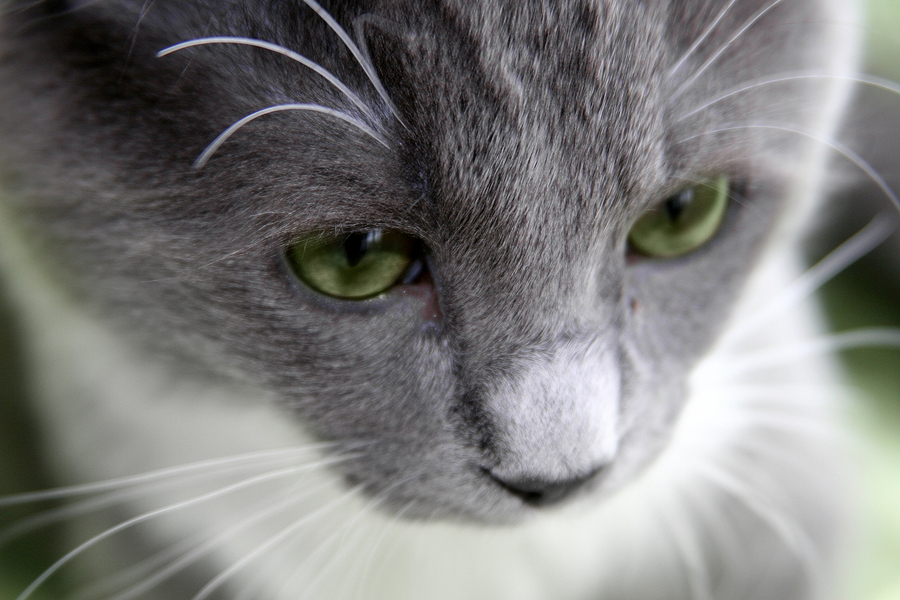
Veterinary Medicine, can I call you Vet Med? Great. Vet Med, are you okay? You are kind of freaking me out right now. Social media has been good for you in a lot of ways. Now you are blogging (case in point) and tweeting (@drsarahboston) and websites are happening and people are confessing their veterinary sins. Some of the confessions are unsettling. A lot of your feelings are bubbling to the surface. I am glad that we are getting things out in the open. I really am, but it is a lot to digest. Vet Med, I am worried that maybe you are a bit messed up.
The term Compassion Fatigue was the first step in your coming out. That was about ten years ago. Now, instead of a rare syndrome that was something we needed to be aware could happen to us, it has become an epidemic. The new normal. Everyone in this profession has or has had compassion fatigue.
I am glad we are now aware of it, but I would rather that we find ways to avoid compassion fatigue in the first place. Sometimes I think we might actually have compassion collapse©. (see my blog on Compassion Collapse) We are also learning how to communicate better. How to deal with difficult clients. How to deal with difficult coworkers. How to manage conflict. It’s a lot of feels.

Compassion Collapse
If you take a look at the recent social media posts on veterinary medicine, most of it is negative. Most of it would suggest that we are in trouble. A lot of trouble. We are unhappy with our careers and our choices. The blogs that talk about compassion fatigue, setting boundaries, work-life balance, depression, mental health issues in our profession, and general workplace misery, are the ones that resonate with our people. We can’t get enough of each other’s unhappiness because it makes us realize that we are not alone. #CompassionFatiguePorn
I am trying to understand the root cause of this because I sometimes feel this acute disappointment in VetMed myself, and I have written some of these blogs (and I am writing one right now). The dream of being a veterinarian generally centers on helping animals as the primary goal, with a secondary goal of helping people. For some, these priorities might be the other way around, but they tend to be at the heart of what makes us vet and what connects us as a helping profession.
I think one problem is everything that gets in the way of that, such as finances, vexatious people, unsupportive colleagues, and, in general, human beings. Another problem is that when you are a child, nothing makes you happier than giving your life to animals. Who could want anything more than that?
Well, adults, that’s who. In the end, veterinary medicine is a job. Our lives need to be more than a job, even a great job. Who else has felt like you don’t have enough time to spend with your own animals because you are stuck at work, taking care of other peoples’ pets? My dog interrogates me with his nose every time I get home, and I feel that he is questioning why I spent time with all of these other dogs while he sat home alone. (Maybe that is just me.)
So Now What?
And so I am glad we are talking about our problems. Our profession has been a smokescreen of James Herriot and images of healing cute animals, which always invokes happy feelings. It is just that our days and those images do not always match up. I think the next step is trying to find solutions. I feel like all of this sharing has exposed a part of our profession that is really quite dark and ugly, and it takes us off guard.
So, is our profession fixable? I hope so. I think that we have some work to do. One important task is to lower expectations. James Herriot suffered from depression too. It wasn’t perfect being James Herriot. His stories are wonderful, but he also experienced the same stresses that we do today. It might be worse now because medicine and the demands of our clients have become infinitely more complicated.
Other parts of the solution involve our own self-care, setting boundaries and trying (really hard) to have a working schedule that at least tries to emulate that of a normal (ie non-vet) person’s work week. We also need to continue to embrace what is truly great about this profession and what connects us all as veterinarians. We care deeply, and we have the privilege of spending our lives with animals.